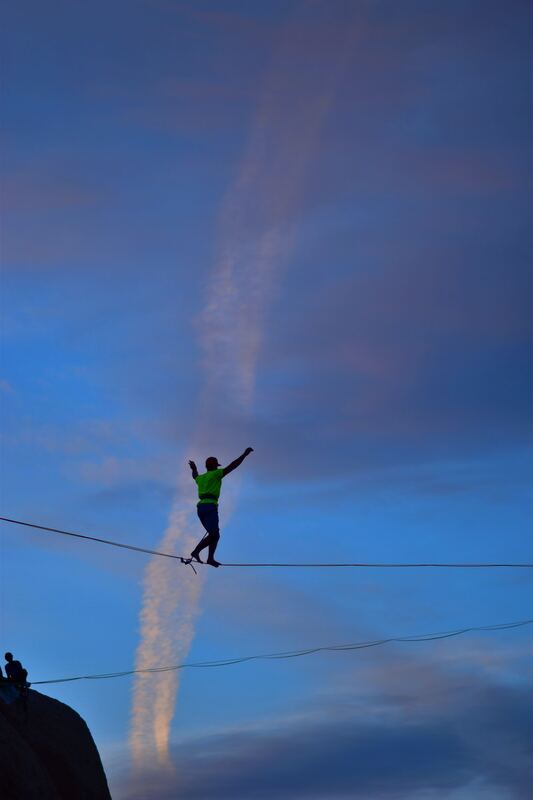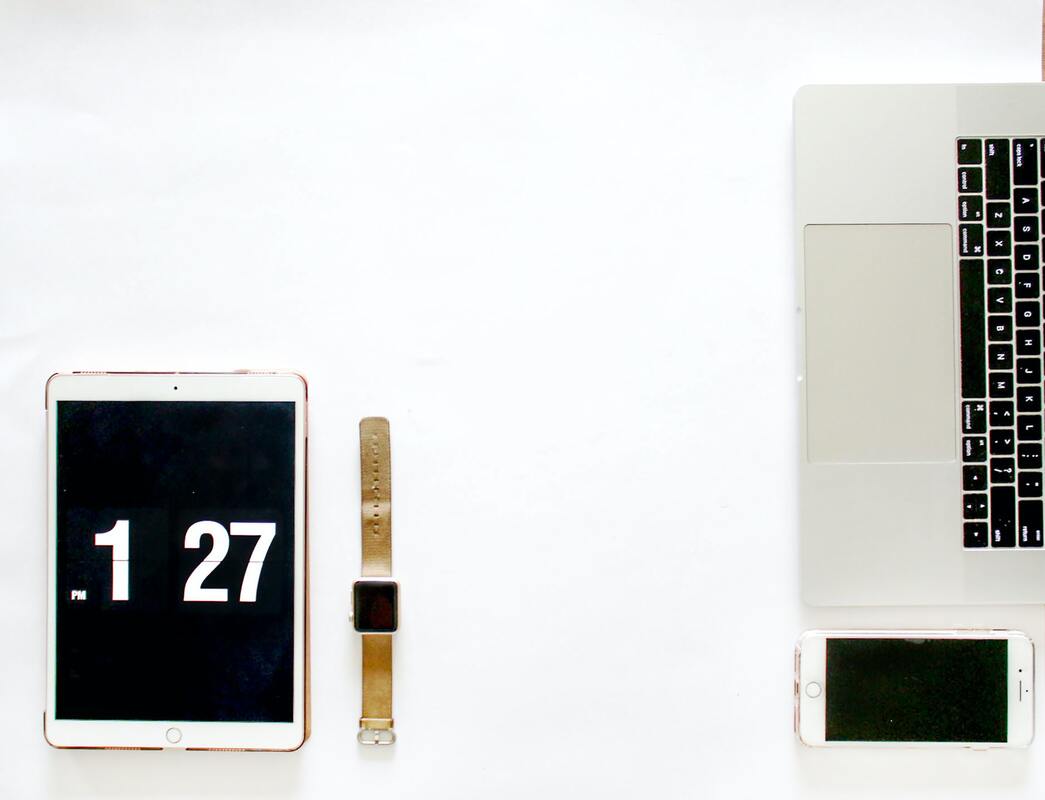|
How are you doing?
I do not mean physically. I am referring to how you are doing emotionally. There are all sorts of people, all sorts of approaches to handle life, all sorts of approaches and mindsets, all sorts of biases, fears, beliefs and all sorts of processing ways and speeds. I spent a weekend in the Swiss Alps where across one of the gorgeous small alpine lakes a slack line event was happening. It was amazing to watch all levels of slack line walkers move across the lake. At first I thought “I guess falling into the water is not too bad” followed by “but then they have to swim back to shore and start again”. I noticed they were wearing a safety harness. Losing balance meant still being attached to the line, so they would not fall into the water. To start again they beautifully maneuvered with grace and elegance back up on the line. Anyhow, this all made me realize that ‘getting back up’ is a most vital skill to have for life with all of its ups and downs. After all the reality of life is a series of ups and downs. In a step-by-step approach I examined my own approach to ‘getting back up’. Most of us will know that feeling - our attention can drop off during the day and our efficient mornings can then blend into less efficient afternoons. And Friday afternoon? Well, you can write that off!
This feeling, or assumption, is now backed up by some science, and pretty solid science at that in a novel piece of research. The research was conducted by a team around Drs. Taehyun Roh and Nishat Tasnim Hasan of the Texas A&M University. Much previous work has used self report studies or wearable technology for short periods of time - these can be invasive and in the case of self reporting very subjective. In this study the researchers tracked a large group of workers (789) at an energy company in Texas over two full years making this an impressive real world dataset. What they found is that computer use and output increased to Wednesday and then dropped off until Friday. What’s more, usage dropped off in the afternoon and also typos increased - a sign of fatigue and wavering attention. This was particularly bad on Friday afternoons - probably no surprise there - fatigue setting in not to mention the psychological impact of the looming weekend. The authors argue that this also supports shorter working weeks and other forms of work such as hybrid work or working from home as this can counter fatigue and increase productivity. After looking at the data it seem like it would make sense to just cancel Friday! Alas but then Thursday may become the new Friday. But seriously, evidence is strong for the effectiveness of the 4-day work week. One solid study published early in the year for Cambridge University showed increased wellbeing while preserving productivity. Sounds good to me! by ANDY HAYMAKER Photo credit: Pexels Reference: Taehyun Roh, Chukwuemeka Esomonu, Joseph Hendricks, Anisha Aggarwal, Nishat Tasnim Hasan, Mark Benden. Examining workweek variations in computer usage patterns: An application of ergonomic monitoring software. PLOS ONE, 2023; 18 (7): e0287976 DOI: 10.1371/journal.pone.0287976 Suzie Doscher: I have attended some events and thought the same "UGH" when I heard the word Icebreaker! I whole heartedly agree that bringing the group together, creating a safe environment and encouraging a feeling of connection is important for a workshop / group event to get off the ground successfully. Some people will open up more easily if they have had 'eye contact' with the people next to them, others are happy to open up without this being necessary. Individuals are exactly that 'individual'. I like the suggestions in this article because they offer 'ice breakers' that are more neutral and connect the group in a more meaningful way in my opinion. As Peter Block says: "“Connection before Content.” If a group is going to concentrate on a difficult issue, they need to learn who others are, the skills they bring, the experience they represent, and the values they hold". and Nancy Dixon's rule are great. Please! No More Icebreakers - |
Suzie Doscher is a Professional Executive Coach focusing on Personal Development. Located in Zurich, Switzerland. Her approach to personal development is practical and successful.
Suzie is happiest when helping people. Her vision is everyone should have access to techniques for personal growth and development. This was the motivation behind her book. Author |



 RSS Feed
RSS Feed

